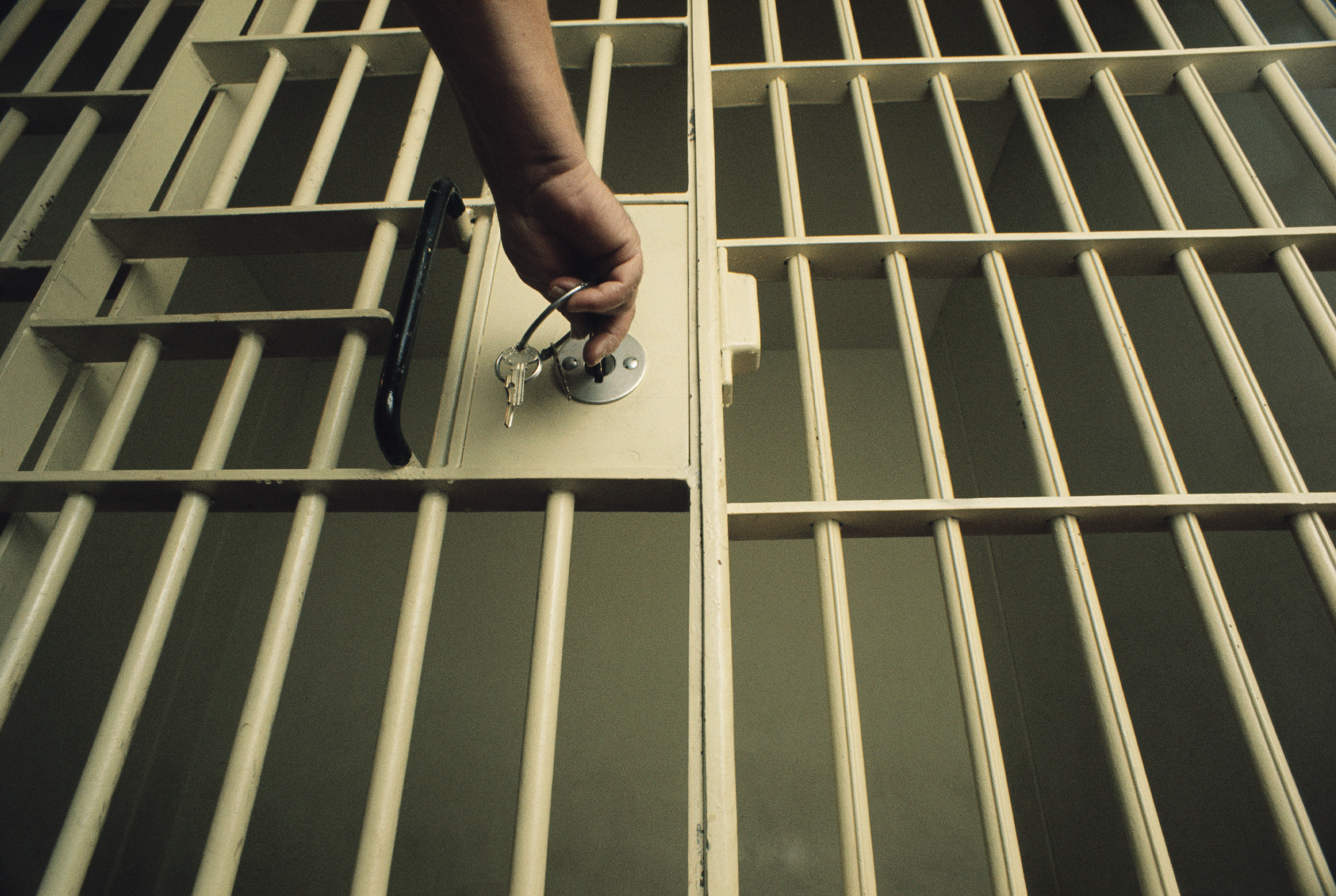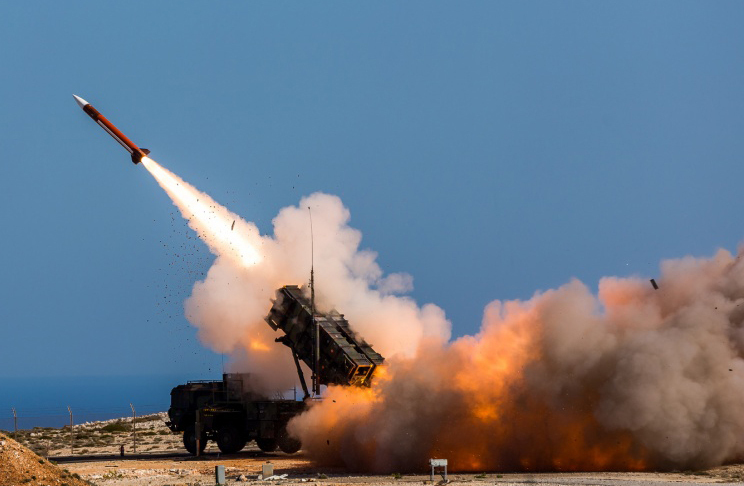The arrest of nine American Airline workers accused of smuggling drugs provides stunning new evidence of major holes in airport security.
The Puerto Rican workers were able to put an estimated 322 suitcases onto American Airlines flights to Miami and New York without anyone knowing what was inside the bags, according to a Drug Enforcement Administration report.
Investigators said the bags were filled with cocaine, but counterterrorism experts say they fear they could have easily contained something more dangerous to the people aboard the flights.
"This is not just drugs that are coming into our country, this is a big hole in our homeland security," said A.J. Irwin, a former U.S. Customs agent who headed a joint terrorism task force for the Justice Department.
Irwin said terrorist groups have shown an interest in compromising airline employees, who could be co-opted or even bribed to place packages on flights without knowing what's inside them.
Eight years after Sept. 11, 2001, airport workers are still not screened the same as passengers. At most airports, they enter through separate doors, where they are rarely checked with metal detectors or X-ray machines. Some workers can even drive trucks onto the tarmac through checkpoints often staffed by private security companies, not the government.
"I've always wondered why they would be held at a different standard than what we would be," said passenger Sherri Turpin. "What's the point of all the TSA regulations and rules if they can smuggle over 300 bags?"
U.S. & World
The Transportation Security Agency argues that screening every employee each day would take too much time and money.
"Airport employees come and go through access points multiple times a day and sometimes dozens of times a day, and for us to do a physical pat down of every single employee would basically stop the flow of commerce," TSA spokeswoman Andrea McCauley said.
McCauley said the agency checks airline workers to make sure they're not on the terror watch list, and the agency sometimes runs random checks at employee entrances to keep workers guessing.
At large airports, workers can often avoid random screening because of the large number of employee entrances. There's almost always another gate or door where the TSA is not looking.
Critics say workers should be treated just like passengers.
"That type of security needs to be applied on the tarmac and to airline employees as well," Irwin said.
In Puerto Rico, the American employees used a maintenance worker from another company to drive the drug-filled suitcases through an employee entrance, according to the DEA report. Once on the tarmac, he would apparently hand them to baggage workers involved in the operation, who would put them in the cargo hold on the planes.
The DEA report notes with interest the fact that the private security guards at the gate apparently never challenged the worker who brought the drugs into the secure area.
The arrests have since prompted the Puerto Rico Port Authority to announce steps to tighten security at Luis Munoz Marin International Airport after meetings involving the FBI, TSA and port authority officials.
Investigators said the men were able to run the drug-smuggling operation for 10 years without being caught.



